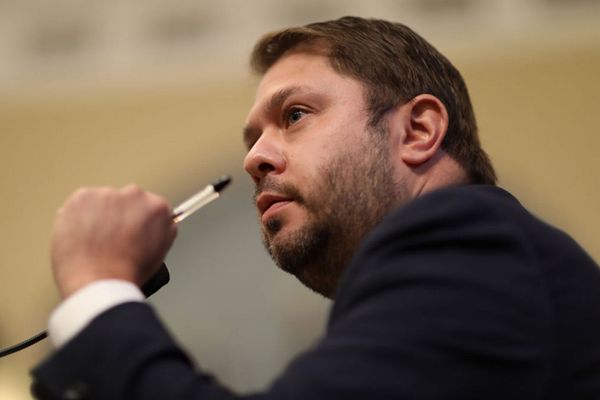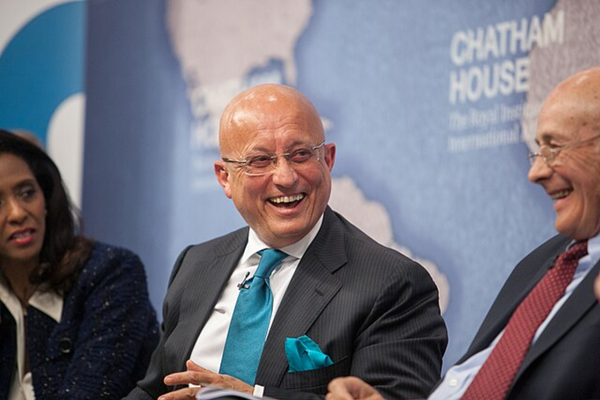
As a former professor of communication and rhetoric, I spent a great deal of time in the last few years of my academic career writing essays on various topics and letters to the editor, rather than merely publishing research articles. Many of my university colleagues and members of the community often asked me why I did this.
In retrospect, the answer is obvious.
For more than 40 years, I taught a college-level course in “Argumentation and Advocacy” — a course premised on the notion that a free exchange in the marketplace of ideas is a worthy and necessary pursuit. I frequently reminded my students that writing letters and essays for the page opposite a newspaper’s editorial page — commonly called op-eds — is an essential part of civic life, especially at this challenging moment in America’s political history.
As citizens, our responsibility is to stand up and speak truth to power. What matters is not one’s particular political views but the willingness to engage others. Without engagement there is no possibility for persuasion and change — and hence little chance our democracy will survive.
As a scholar, I felt a special duty to use my knowledge and expertise to educate the public, helping readers wrestle with controversial issues. Too often academics are accused of being sequestered in an ivory tower, producing insular research read by a handful of people. I have long held that this need not, and should not, be the case.
Admittedly, entering the public sphere is risky: Not only do most universities refuse to consider such public writing in annual evaluation and promotion decisions, but I often receive hate mail in response to op-eds and letters.
Happily, I often receive letters in the mail like this one: “Your perceptive, well-written op-ed today contains more insight into basic human nature than is usually found in a few short paragraphs. Thanks for writing it. Sincerely, Another fellow citizen who occasionally struggles.”
This letter reminds me why I should continue to publicly express my views. If all of us do this, our currently jeopardized democracy will survive and thrive. The key, however, is being respectful, avoiding name-calling and ad hominem arguments — something that all too often dominates our civic discourse.
One of the most important concepts I taught students in my argumentation class is “self-risk.” This goes well beyond the obvious public risks one assumes when writing or speaking in public (i.e., the attributions others make of the arguer). Self-risk is the implicit acknowledgment we make when engaging in argument that we might be wrong — that our beliefs might be reshaped or changed as a result of argument. Self-risk involves the openness to persuasion, and thus is the opposite of dogma.
As my students came to realize, self-risk is not an idealistic prescription preached by their professor. It is something all of us at various times choose to embrace (whether we say it or not), especially when the subject of an argument is important to us.
In short, when one — including me — writes letters and op-eds, by definition we take on both public risk and self-risk. In the last few years, I have concluded the inherent public risks are more than outweighed by conviction for the views I express.
Self-risk has its own rewards. By writing op-eds and letters, my own beliefs and those of others have changed. An example of this is a claim I made several years ago approving of The New York Times allowing an anonymous op-ed author to avoid going public. As a result of responses to my argument, I now have been persuaded to believe that remaining anonymous is not in the best interest of our government and provides grist for those who attempt to discredit the media with claims of fake news.
My hope, therefore, is that more citizens and scholars will enter the public sphere. Our democracy depends on this, as does our ability to grow and mature as human beings.
Richard Cherwitz is a professor emeritus in the Moody College of Communication at the University of Texas at Austin.
The views and opinions expressed by contributors are their own and do not necessarily reflect those of the Chicago Sun-Times or any of its affiliates.
The Sun-Times welcomes letters to the editor and op-eds. See our guidelines.







